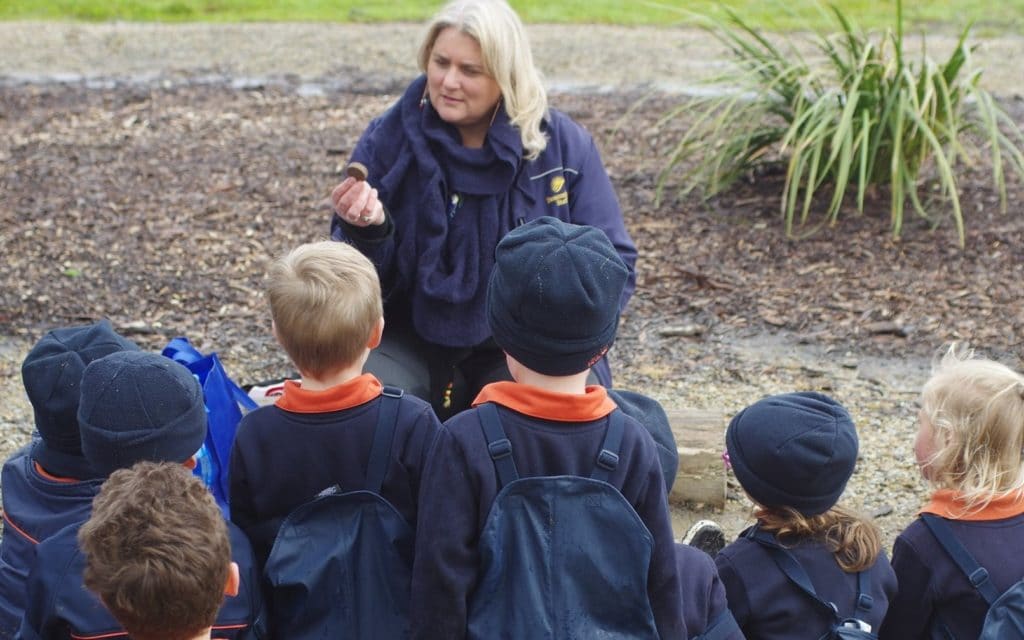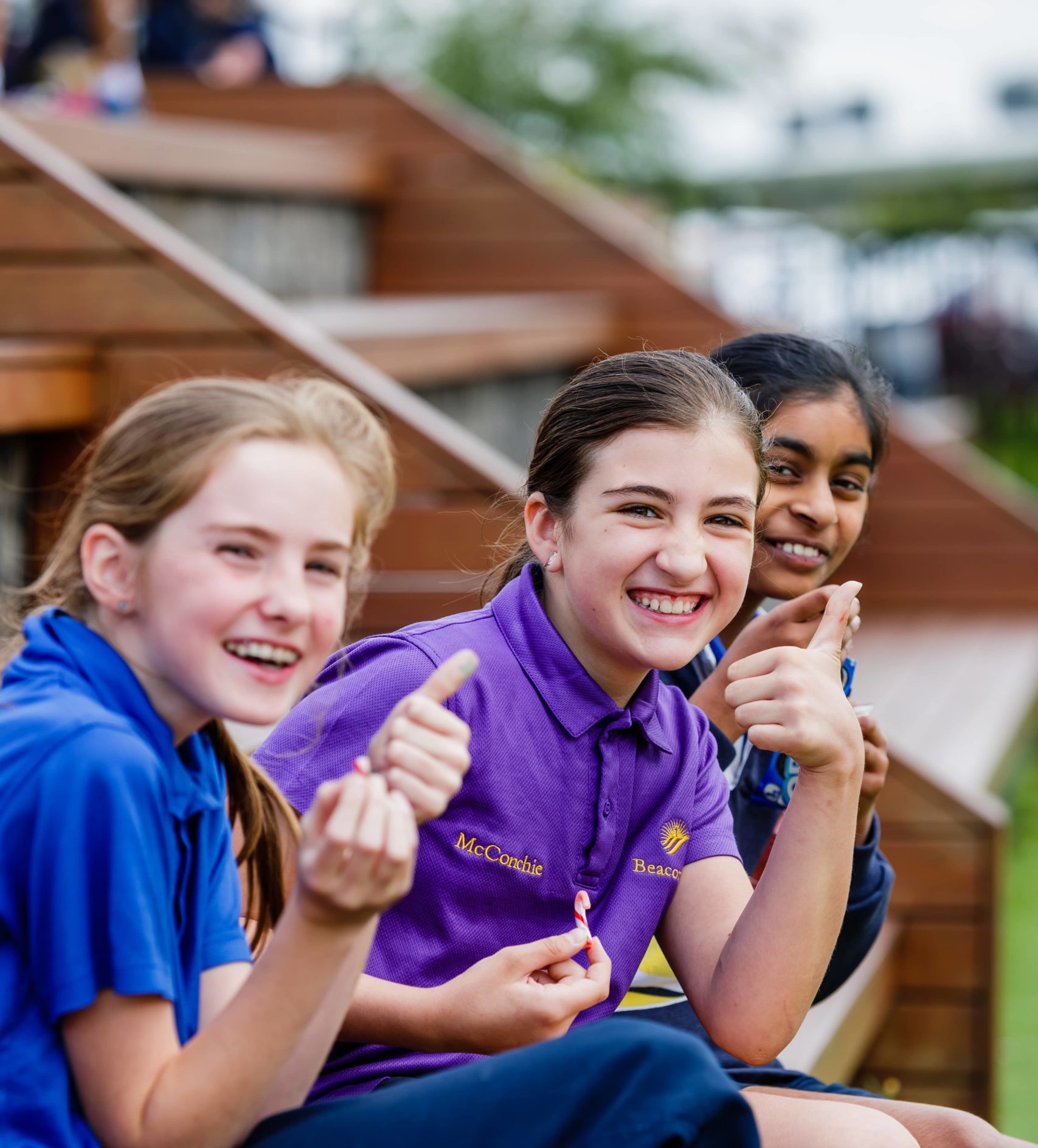NAIDOC Week (4-11 July) celebrates the history, culture and achievements of Aboriginal and Torres Strait Islander peoples.
Lynette George (Birra) is Head of Indigenous Initiatives at Beaconhills College, a Wiradjuri/Palawa woman and the College’s Reconciliation Action Plan (RAP) Committee Chair.
She reflects on what Beaconhills has achieved – and her hopes for the future.
What does the NAIDOC Week theme, Heal Country, mean to you?
It’s about looking after Country and an opportunity for non-Indigenous people to listen to Indigenous people, to have a better understanding of Aboriginal and Torres Strait Islander culture and values.
How is Aboriginal and Torres Strait Island culture and history taught at Beaconhills?
It’s incorporated across all levels of the curriculum, from children in Early Learning listening to stories and being out on Country all the way up to Year 12s looking at Indigenous perspectives in argumentative writing. It’s value-adding to our curriculum, not just an ‘add-on’.
What do you think are still the areas of greatest misunderstanding amongst students?
I think recognising that there are two cultural groups; Aboriginal and Torres Strait Islanders. And also just how old our culture is. But we are getting better at recognising the difference between the Acknowledgement and Welcome to Country.
Beaconhills launched its first RAP in 2017. Are you proud of what has been achieved?
I think we have achieved a lot in a few years – about 40 outcomes – and we are in the midst of creating a new RAP. It is evolving all the time.
What is your vision for the future of Indigenous Initiatives at Beaconhills?
Ideally it would be good for students to be comfortable asking questions and teachers answering them. And for our students to graduate with the ‘Learning That Matters’ around Aboriginal and Torres Strait Islander history, based on our College values of Respect, Compassion and Integrity.

